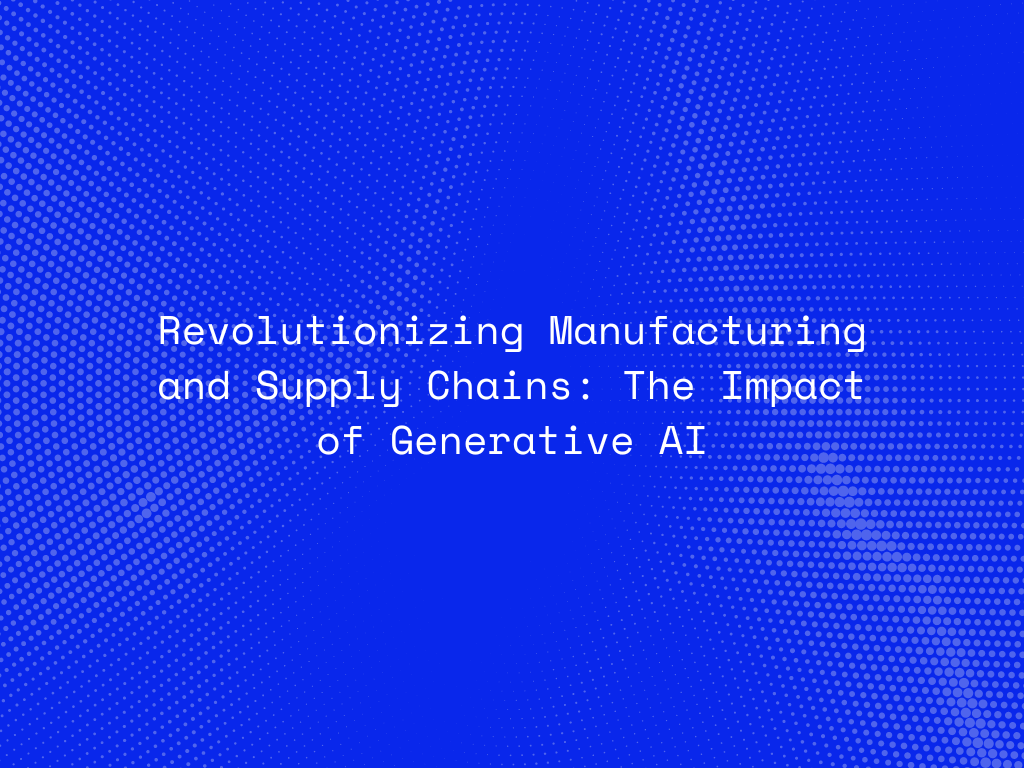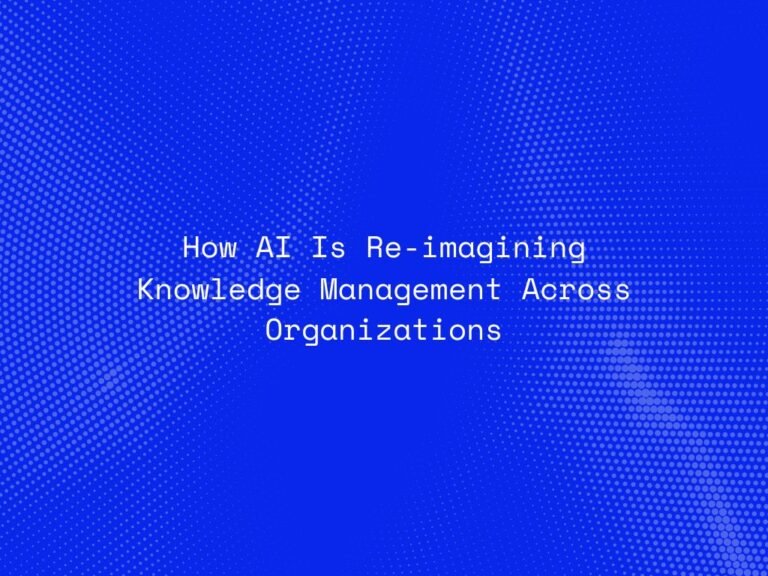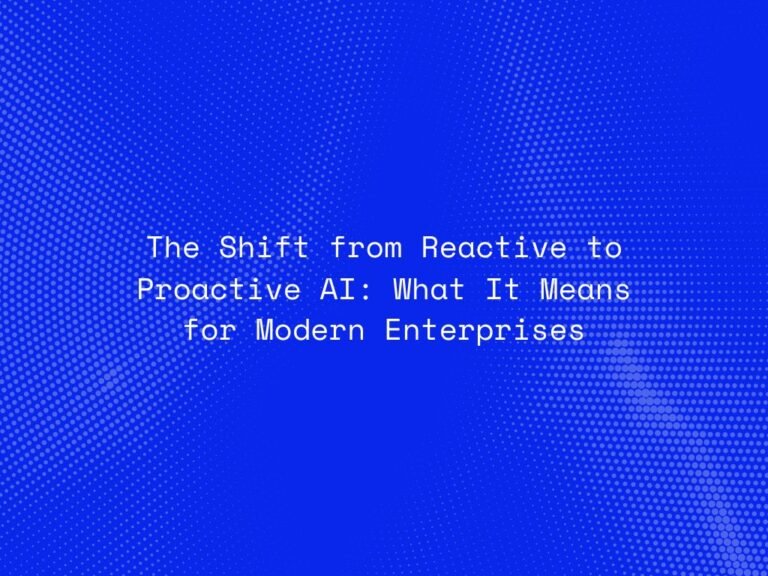Generative AI is revolutionizing the manufacturing and supply chain sectors by providing innovative solutions to complex problems. As we delve into the capabilities of this advanced technology, it’s essential to understand how it can optimize processes, improve efficiency, and reduce costs.
Understanding Generative AI
Generative AI, at its core, involves algorithms that can learn from data and generate new content or solutions that mimic the original data. This ability makes it particularly useful in industries where innovation and adaptability are key.
The Role of Generative AI in Manufacturing
In the manufacturing realm, Generative AI is a game-changer. It’s not just about automating repetitive tasks; it’s about creating designs, optimizing production processes, and even predicting maintenance needs before they become issues.
Generative AI Successes in Manufacturing
Many companies are already reaping the benefits of Generative AI. From automotive to electronics, the implementation of this technology has led to faster production times, reduced waste, and more personalized products.
Generative AI in Supply Chain Management
The supply chain is another area where Generative AI can make a significant impact. By analyzing vast amounts of data, it can identify patterns and predict trends, helping companies to stay one step ahead.
Improving Logistics with Generative AI
Generative AI can optimize routing, manage inventories, and even assist in supplier selection, ensuring that the logistics side of the supply chain runs smoothly.
Predictive Analytics and Demand Forecasting
One of the most powerful applications of Generative AI in supply chains is predictive analytics. It can forecast demand with remarkable accuracy, allowing companies to adjust their strategies proactively.
Challenges and Considerations
While the benefits are plentiful, there are challenges to consider, including ethical implications, data privacy concerns, and the technical and financial aspects of implementation.

Ethical Implications and Data Privacy
As with any technology that handles vast amounts of data, there are ethical considerations and privacy concerns that must be addressed to ensure responsible use.
Implementation Challenges
Adopting Generative AI is not without its hurdles. Companies must consider the integration with existing systems, the learning curve for staff, and the initial investment costs.
The Future of Generative AI in Industry
The potential of Generative AI is vast, with new applications and technologies emerging regularly. As it continues to evolve, it will undoubtedly shape the future of manufacturing and supply chains.
Emerging Trends and Technologies
Staying informed about the latest trends and technologies in Generative AI is crucial for companies looking to maintain a competitive edge.
The Role of Human Workers in an AI-Driven Industry
Despite the automation capabilities of Generative AI, the human element remains irreplaceable. Workers will need to adapt, embracing new roles and skills in this evolving landscape.
Conclusion
Generative AI is set to transform the manufacturing and supply chain industries profoundly. By understanding its potential, addressing the challenges, and embracing the changes, companies can harness this technology to drive innovation and efficiency.




